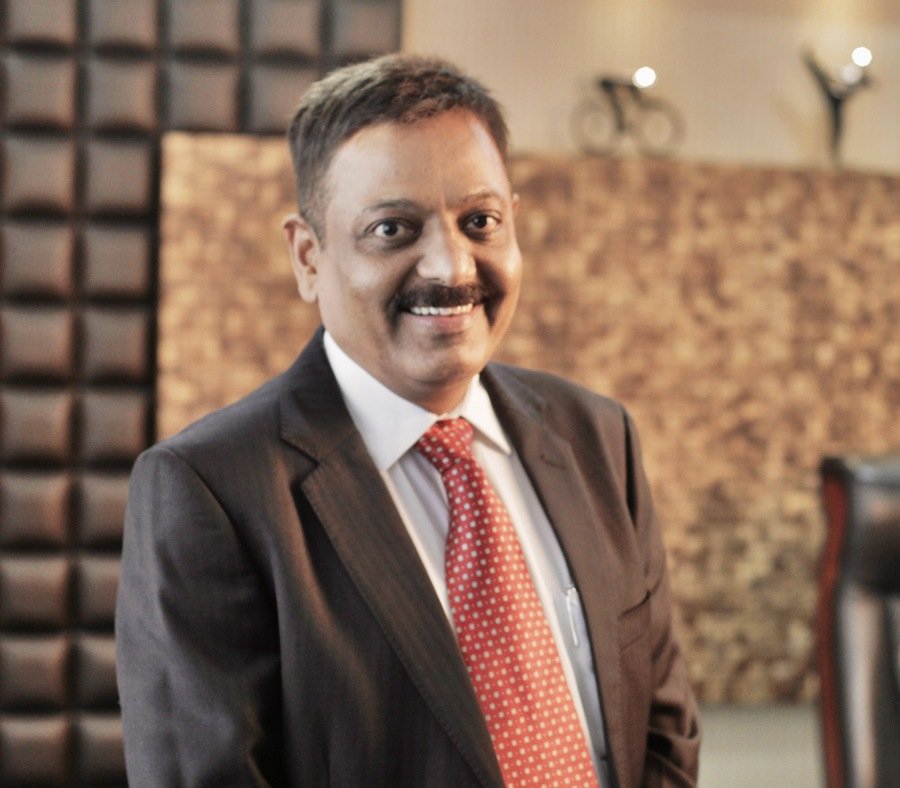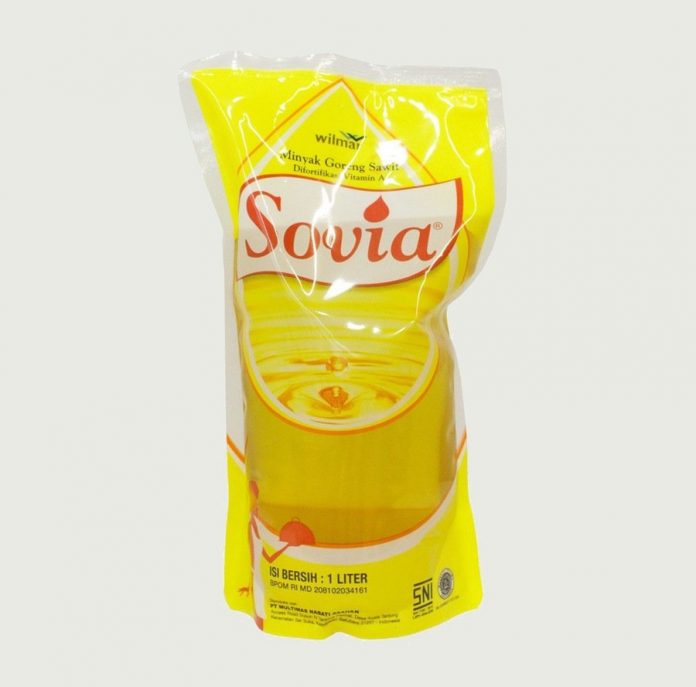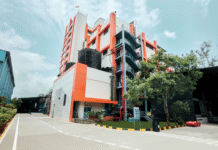Ahmedabad-headquartered Vishakha Polyfab has implemented a massive expansion of its flexible packaging and pouch-making capabilities in three manufacturing sites in the current year. A significant increase at its main plant has brought the capacity to 22,500 metric tons. Simultaneously, its two greenfield flexible packaging projects in Kolkata and Indonesia have created almost as much capability right from their commencement of production in December 2020 and February 2021, respectively.
The first of the greenfield packaging projects is its new plant in Kolkata, where production started in early December. It is rated at 4,500 metric tons of flexible materials and pouches annually. And the second is Vishakha’s execution and commissioning of the PT Flextech Packaging large-scale plant in Indonesia, a joint venture with the Wilmar group.
A recent interaction with Vishakha’s CMD, Jigish Doshi, revealed that the new Indonesia plant is a part of a larger plan for Southeast Asia. Vishaka’s joint venture partner in the project is the well-known global food processing giant Wilmar. Wilmar already has a strong manufacturing and distribution base for food commodity products in Indonesia and the region.

Indonesia plant starts with a capacity of 13,500 metric tons
The Indonesian plant started up in January 2021 by starting up its film extrusion, printing and converting, and pouch making equipment capable of generating 13,500 packaging materials annually. Since the equipment arrived at the plant during the Covid-19 pandemic and there were considerable travel constraints for the engineers from Europe and Japan, all of the installations were done by Vishakha’s engineers under the remote guidance of the manufacturer’s engineers. By the end of this February, the entire plant will be commissioned and start supplying customers.
The purpose-built plant sits on a 25,000 square meter piece of land. Of the four blown film extrusion lines, two are Windmöller & Hölscher 7-layer lines for producing high-barrier films. For printing, there are three Bobst 9-color rotogravure presses and an 8-color Bobst CI flexo press, all based on European technology. In the converting section, there are laminators from Nordmeccanica also from Europe and numerous pouch-making machines from Totani in Japan. There is an additional pouch making line from Hudson-Sharp in the USA with wickets for producing a high volume of bread bags at high speeds.
The overall pouch-making capacity of the plant is 450 million pouches a year. The plant will employ approximately 200 personnel, mostly from the local area and nearby countries such as Malaysia.
Vishakha’s CMD, Jigish Doshi, says, “The new Indonesian plant’s capabilities are entirely for the production of high volume and high barrier materials and pouches for food commodities such as edible oil, rice, grain, flour, and bread bags. We are aiming first of all at the Indonesian market but also for the nearby markets such as Malaysia, Singapore and Vietnam.”
Doshi adds, “We are extremely bullish about our recent expansions and especially the new Indonesian project. We hope to reach full saturation of this plant’s capacity within the next two years and then go in for a significant expansion. The plan is to double the plant’s capacity for Southeast Asia, either by expanding the Indonesian plant or setting up another plant in the region.”
One of the largest high-barrier coextruded flexible film manufacturers in India, Vishaka’s factory premises cover more than 99,000 square meters. The company has a combined production capacity of over 27,000 metric tons across its plants near Ahmedabad and Kolkata.
With its national and international accreditations, BRC & ISO certification, Vishakha’s clients include India’s leading brand owners and across the world. It is an exporter of flexible packaging materials to customers in North and South America, Europe, Australia, Middle East, Asia, and Africa. With the addition of the Indonesian plant with 13,500 metric tons annually, the company’s capacity will soon exceed 40,000 tons.
Smart Packaging Solutions Virtual Congress -19 March 2021
The Smart Packaging Solutions for India and South Asia Virtual Congress on 19 March focuses on food and pharma supply chains, brand security, and sustainability. Organized jointly by IPPStar and the AIPIA, the virtual congress’s topics include brand authentication, condition monitoring, and active and intelligent packaging that contributes to the safe delivery of authenticated products leading to safety, security, and customer engagement. Please look at the agenda of the conference here, and for registration, please click here. You can also email Ruchi at conference@ippgroup.in or Umesh at subscription@ippgroup.in. Call us in Noida at 120-4546988 or 4326053 – Umesh at Xtension 30; Ruchi at Xtension 33; Gaurav at Xtension 23; and Mohit at Xtension 25.











